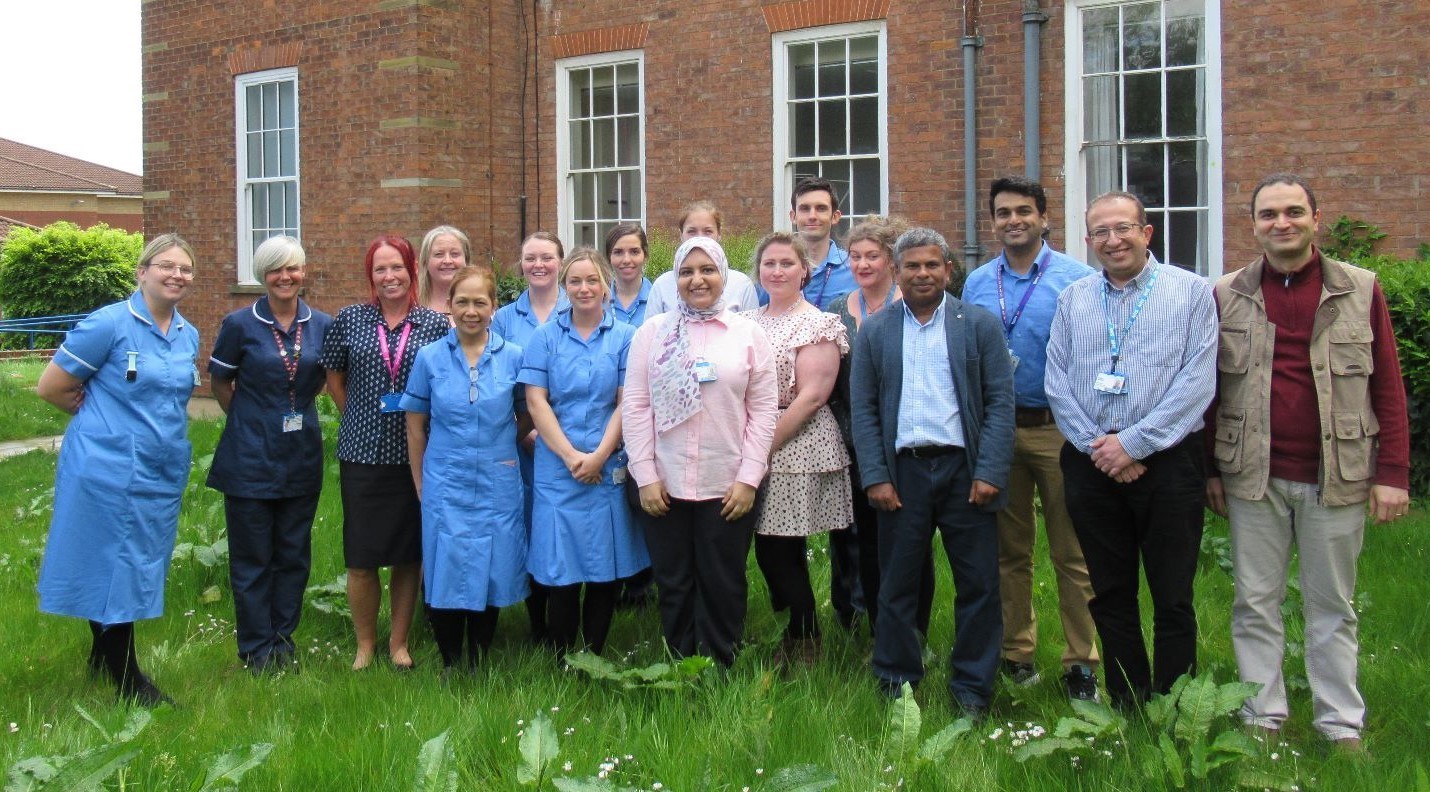Hull University Teaching Hospitals NHS Trust is joining the global Colitis and Crohn`s disease community to observe this year’s World Inflammatory Bowel Disease (IBD) Day on May 19, 2023.
Crohn’s disease and Ulcerative Colitis, collectively known as IBD, are chronic autoimmune disorders that cause inflammation in the digestive tract and affects over 500,000 people in the UK. These conditions can cause a range of symptoms, including severe abdominal pain, persistent diarrhoea, fatigue, weight loss and reduced quality of life.
The World IBD day is a global initiative that aims to raise awareness about Crohn’s disease and Colitis, a condition that affects millions of individuals worldwide with prevalence rates approaching one in 100. It also seeks to raise stress the point for more research to find better treatments for people living with the condition and ultimately find a cure.
To commemorate the day, the Trust is inviting the public to its IBD awareness event at the St Stephen’s Shopping Centre, Hull on May 19th between 10am to 2 pm. The IBD team and some patients will be at our information stand to engage the public and highlight the impact of these debilitating conditions and promote understanding as well as support for those affected by them.
Stressing the importance of the day, Professor Shaji Sebastian, Consultant in Gastroenterology at Hull hospitals said: “IBD is often considered an ‘invisible illness’ but with profound impact on those who have it. We at IBD Hull (@ibdHull) are committed to raise awareness for early diagnosis, support IBD patients and their families with a personalised multidisciplinary approach and investment into translational and clinical research.”
World IBD Day provides a unique opportunity to educate communities and dispel myths surrounding the disease. While people of any age can get IBD, it is usually diagnosed between the ages of 15 and 40. It is estimated that by the year 2030, one in 99 people are likely to have Crohn’s or Colitis in the Western World. Raising awareness of IBD is, therefore, an important step to increasing early diagnosis in order to improve outcomes for patients.
Prof Sebastian said: “Through increased awareness, we can reduce stigmatisation, encourage early diagnosis and ensure individuals with IBD receive the comprehensive care and support they deserve.”
The public is also being urged to participate in IBD research as it can better help understand the cause of these diseases, improve experiences in care and enhance treatment. There are a number of local, national and international IBD research projects in Hull to suit all patients with IBD.
Prof Shaji explains: “Research continues to play a pivotal role in understanding causes of IBD, developing new therapies, and improving patient outcomes. We are in much better place in relation to treatments due to research participation from local IBD patients but we are still some way away from identifying the triggers of disease and also finding a cure ; and research is the only way we will get there.`
Join us at 10:00 am on May 19th to raise awareness, show support and advocate for improved care and understanding for those living with Crohn’s disease and Colitis. The event will run throughout the day.
For more information and to get involved, visit Crohn’s & Colitis UK.

